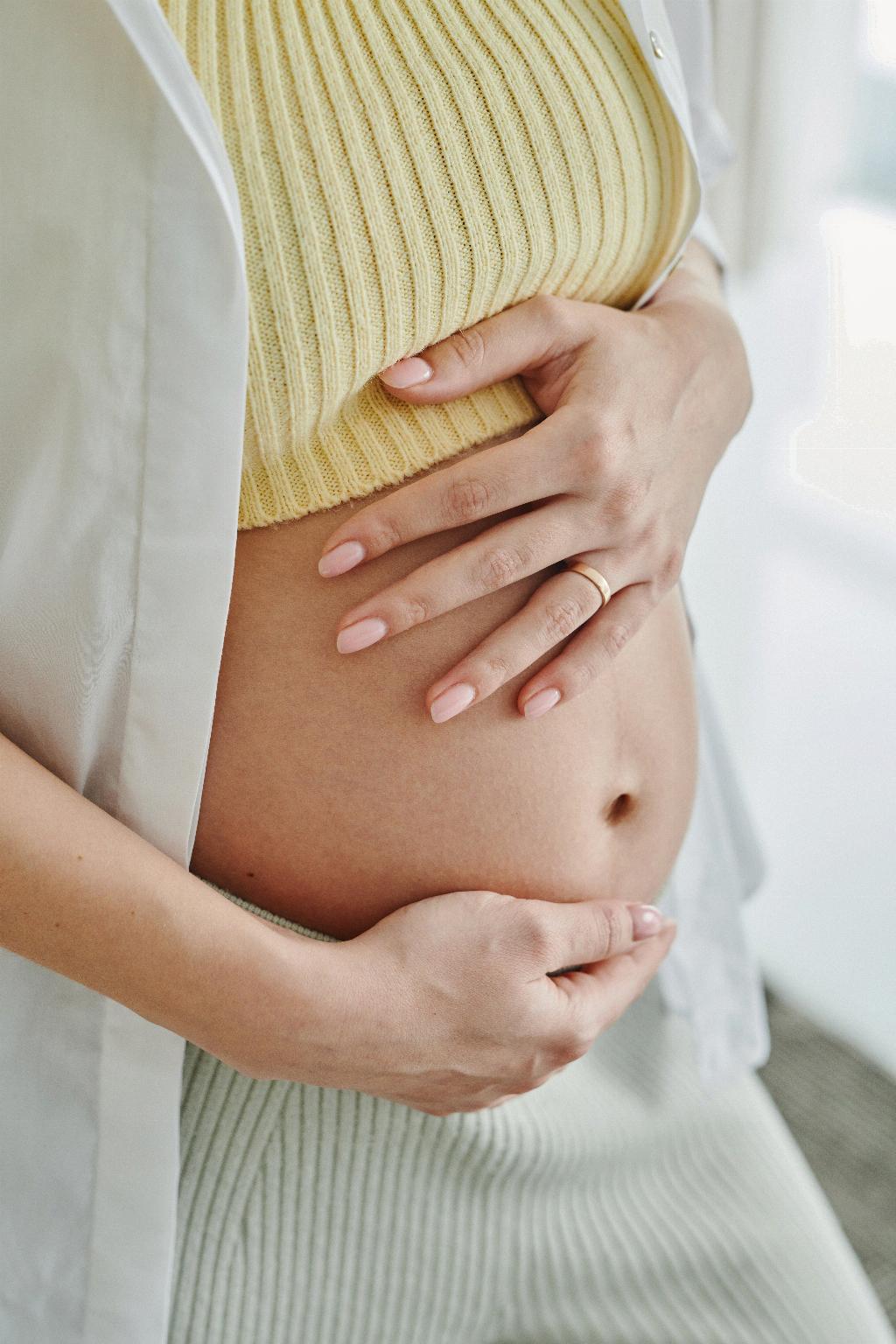For many expectant mothers, the beauty of pregnancy is often accompanied by various physical changes, one of which includes itching and rashes. It’s not uncommon to experience these skin issues during pregnancy, as the body undergoes hormonal shifts and changes to accommodate the growing baby.
Causes of Itching and Rashes
The primary culprit behind itching and rashes during pregnancy is the surge in hormone levels, particularly estrogen. This hormonal fluctuation can trigger changes in the skin, leading to itchiness and the development of rashes in some women. Additionally, the stretching of the skin as the belly expands can also contribute to skin irritation.
Types of Pregnancy Rashes
There are various types of rashes that pregnant women may experience, ranging from mild and harmless to more severe conditions. Common pregnancy rashes include pruritic urticarial papules and plaques of pregnancy (PUPPP), atopic eruption of pregnancy (AEP), and intrahepatic cholestasis of pregnancy (ICP).
Managing Itching and Rashes
While itching and rashes can be uncomfortable, there are several ways to manage these skin issues during pregnancy. Using gentle, fragrance-free skincare products, wearing loose-fitting clothing, staying hydrated, and avoiding hot showers can help alleviate itching and reduce the severity of rashes.
When to Seek Medical Attention
Although most pregnancy rashes are harmless and resolve on their own postpartum, there are instances where a rash may indicate a more serious underlying condition. If the itching is severe, persistent, or accompanied by other symptoms such as fever or pain, it’s crucial to consult a healthcare provider for a proper diagnosis and treatment.
Treating Pregnancy Rashes
Depending on the type and severity of the rash, treatment options may vary. Healthcare providers may recommend topical creams, antihistamines, or corticosteroids to alleviate itching and reduce inflammation. In cases of more serious conditions like ICP, closer monitoring and potential medication may be necessary.
Self-Care Tips for Skin Relief
Aside from medical interventions, there are self-care measures that pregnant women can take to soothe itching and minimize rashes. Keeping the skin moisturized, avoiding scratching to prevent further irritation, and wearing breathable fabrics can all contribute to improved skin comfort.
Embracing the Changes
As challenging as itching and rashes may be during pregnancy, it’s essential to remember that these skin issues are often temporary and part of the natural process of gestation. Embracing the changes your body undergoes, including the skin transformations, can foster a positive outlook during this transformative time.
Your Body, Your Journey
Every pregnancy journey is unique, and so is the way your body responds to the changes it experiences. While itching and rashes may be a common occurrence for some expectant mothers, others may sail through pregnancy without encountering these skin issues. Remember to listen to your body, prioritize self-care, and seek professional guidance when needed.
Conclusion
In conclusion, itching and rashes during pregnancy are a common yet manageable aspect of the prenatal journey. By understanding the causes, types, and management strategies for these skin issues, pregnant women can navigate this phase with greater ease and confidence. Remember, your body is doing incredible work to nurture new life, and caring for your skin is an essential part of that journey.

